Blog
Press Release: October 17, 2013
Finding the Strength by Eshinee Veith
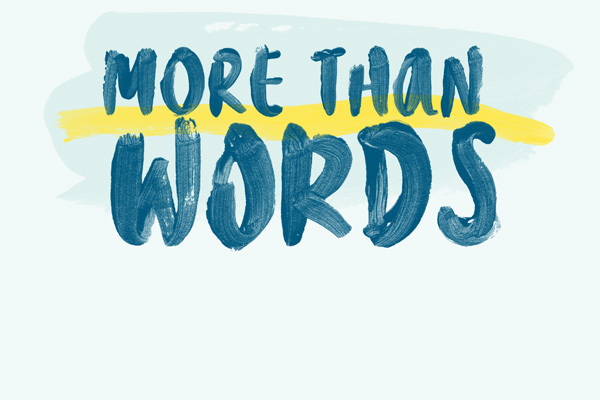
One of the things that aspiring Bible translation workers are taught is to regularly pray for those who will be the mother tongue speakers working with them the translation into their own language. It was impressed upon us that, no matter how well we prepared ourselves for the task at hand with our linguistic and theological training, there is no substitute for the natural language skill of a mother tongue speaker of a language. But it is not enough merely to find someone who speaks their language well. A skilled translator can detect the patterns within both their own language and the language(s) from which they translate. They must find the closest correlation between those patterns, not just the words, weaving together a body of work that is clear, accurate, natural, and acceptable to their language community. Furthermore, they should be a mature Christian. It is good of they have deep knowledge of their own culture and literary forms, particularly artistic forms such as poetry, story and song. On top of that, the level of computer proficiency required to use Bible translation software requires a level of computer skill that even many tech-savvy Americans would struggle to develop. Translators also need to be people well regarded in their community, people who can effectively promote the translation so it will be accepted once it is complete. Finally, they need humility so that they can receive the criticism—constructive and otherwise—that inevitably comes during the translation review process, criticism not only from the exegete and the translation consultant but from their own language community as they encounter the initial draft of the translated Scripture portions for the first time.
So, I have been praying for my future Bible translation team since 2000. I have been praying for the pending Shiyeyi language team specifically since 2008, when I was assigned to develop the translation project in partnership with the Wayeyi and the Bible Society of Botswana. For me, the search itself was a daunting prospect: where would these spiritual, linguistically inclined, locally respected, computer-savvy, artsy, humble word-smiths come from? That’s a tall order on any continent! But God does not call where He doesn’t also equip. Part of my learning process this past term in Botswana was to learn to trust the gifts and abilities with which He has equipped the rest of those that He has called to involvement in this work of Bible translation.
While the ideal of teamwork is that “many hands make light work”, anyone who has tried to achieve a single goal with the help of many people can tell you that this is not the whole picture. On one hand, teamwork is an opportunity to benefit from the different gifts of each team member, for the strengths of each to make up for the weaknesses of another. On the other hand, it often feels like it’s more about the strength of God making up for the (combined and compounding) weaknesses of all. Never more was this evident to me than during the translator selection process this year. For example, we created a timeline for community engagement and advertising for the position of translator to ensure the largest pool of candidates possible. The community promotion was to take place from January to March, the hiring in March, the announcement at the April cultural festival, and the training at the beginning of May. That would allow a solid 3 months of training of the translators before my August return to North America for our regular (every 3 years) fundraising trip. But when we visited the village of Seronga in the first week of March, we discovered that they didn’t have a reliable mail service. Therefore, they had not received the newspaper with the job listing; they first heard about the position from us. Also, there was no way that applications submitted by post would make it to the Maun office by the deadline. We quickly realized that, if we were to have the Wayeyi of Seronga adequately represented among the applicants, we would have to delay the deadline and, therefore, the interview, hiring, and training. Seronga is widely reported as the place where they speak Shiyeyi best; it is also the home of the late Mr. Hakudze, the first Shiyeyi Bible translator. So, with no small amount of trepidation on my part, the advisory committee, the Bible Society, and myself agreed that the only solution was to delay the hiring until May, with training beginning on the first of June.
By May, we had received 24 applications. Of those, we selected the top eight for the 3-day interview workshop. For the first two days of that process, I felt no closer to discerning the final two candidates than I had before we began. We used a series of tests that had been developed by my LBT colleague in Zambia, Chris Pluger (of the Nsenga translation project). While those tests clearly eliminated several candidates and highlighted the abilities of others, it still left us with decisions to be made among the remaining top candidates. Before the final round of interviews, we had selected a tentative top two. But it was during that last round of interviews that the top candidates suddenly became clear. By the end of the third day, all those conducting the interview—the advisory committee, LBT representative, translation consultant, and myself—were in agreement as to who would be invited to become the new translators.
I look forward to telling you more about Motswasele and Keene in the future as I watch God answering my—and your!—prayers, in and through them.
Eshinee and Rob Veith serve LBT in Botswana. To learn more about their ministry, visit their website.

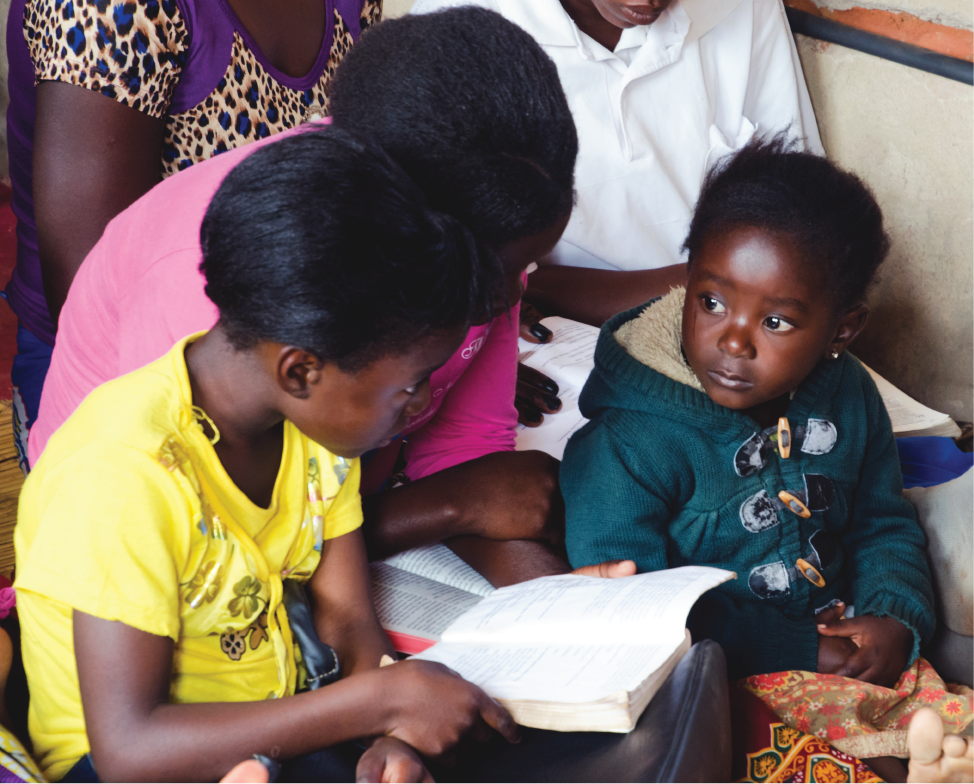
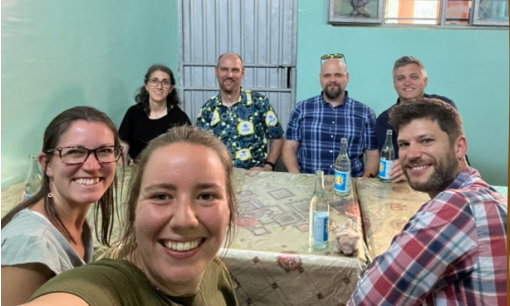
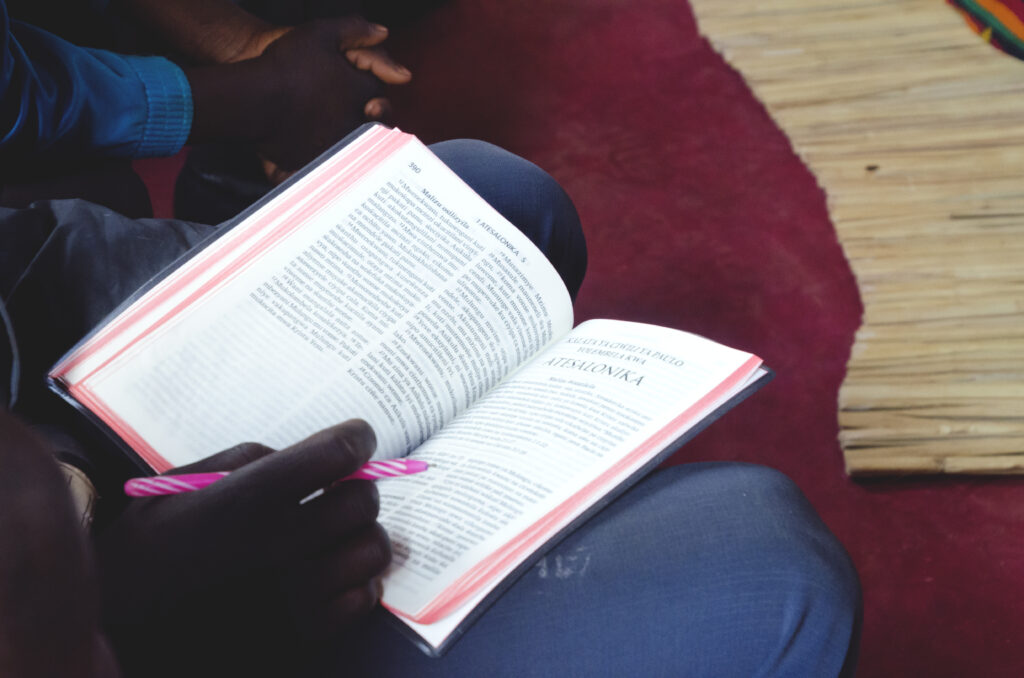
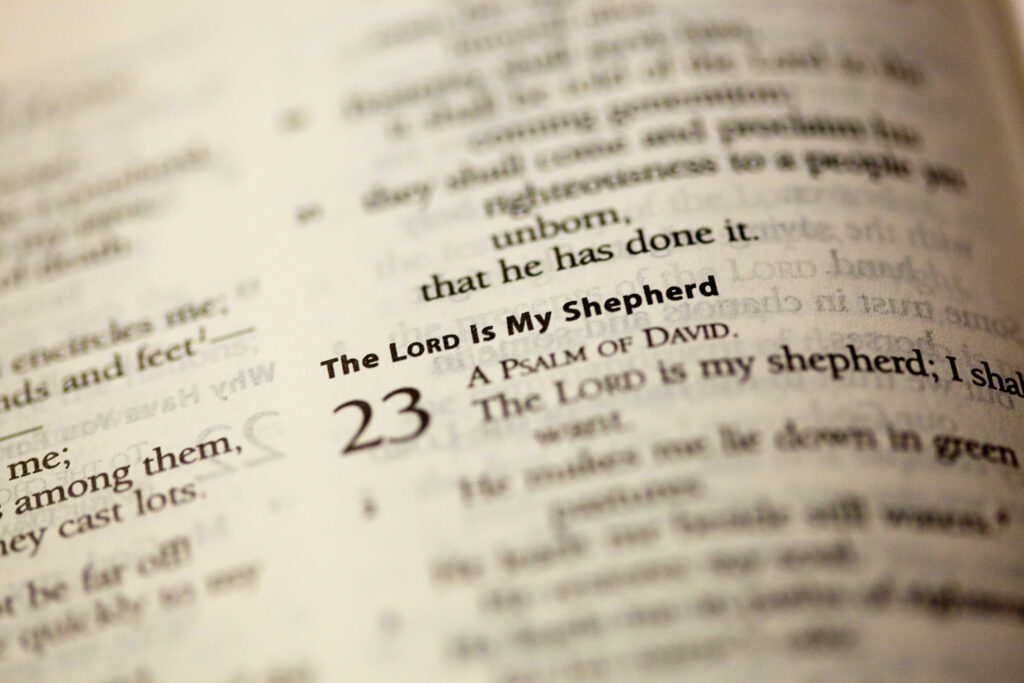
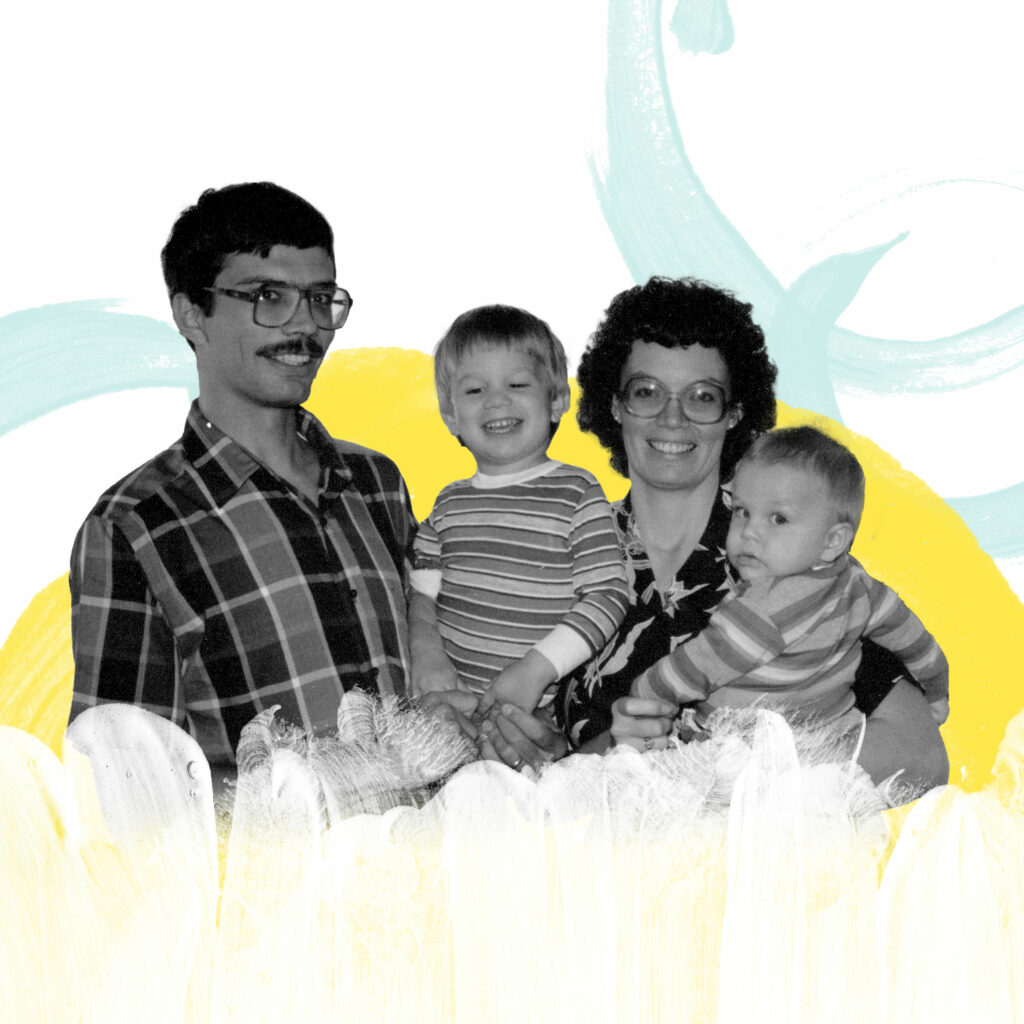
Leave a Reply
You must be logged in to post a comment.